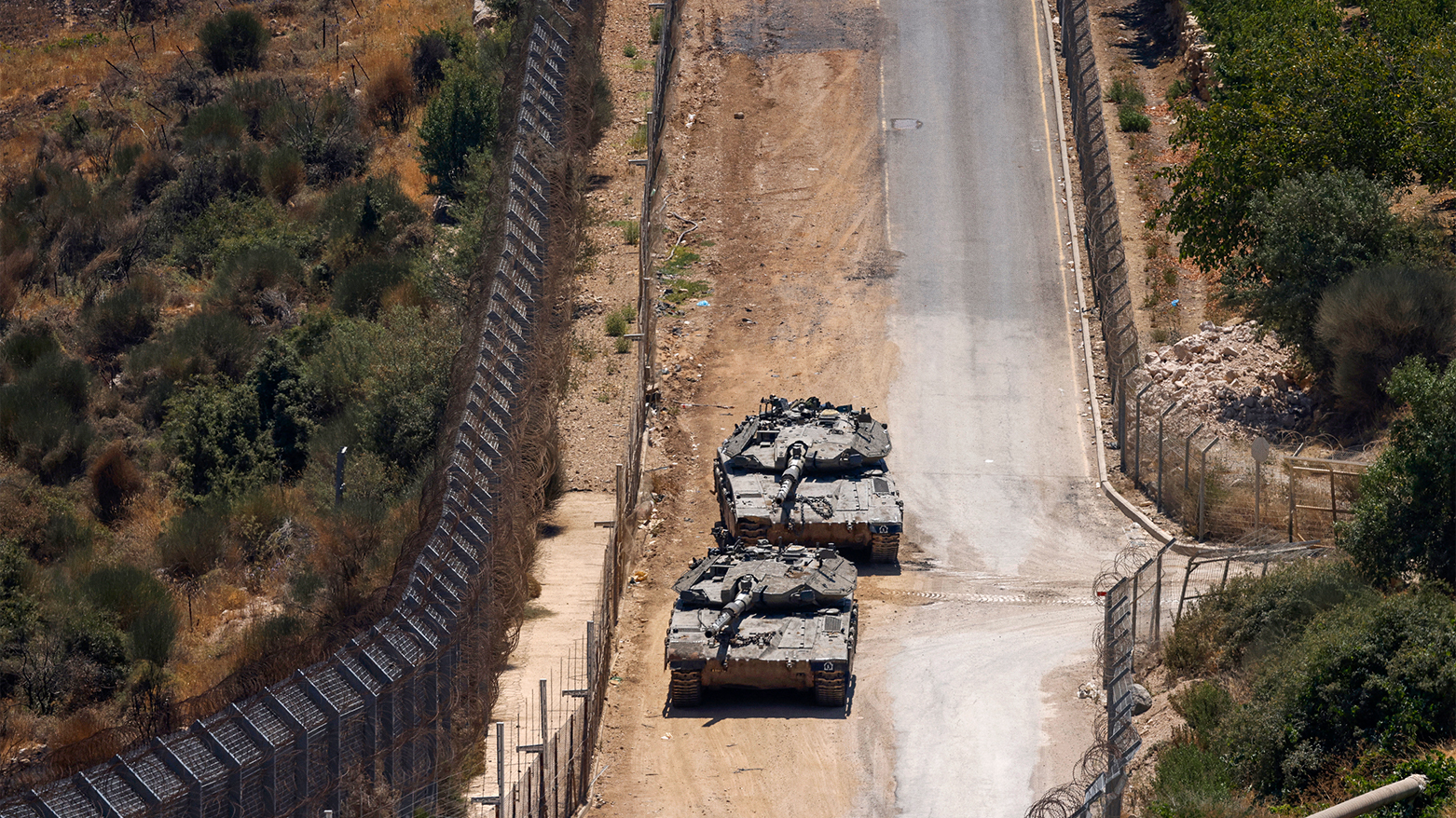Damascus Sources Describe Syria–Israel Meeting as 'Exploratory'
“Exploratory” and “probing” — That’s how Syrian analysts frame the recent Paris meeting, cautioning that Israel seeks long-term leverage in Syria’s southern region.

ERBIL (Kurdistan 24) – In a high-stakes diplomatic engagement in Paris, Israeli officials met with a Syrian delegation in a U.S.-mediated effort to gauge the intentions of Syria's new leadership and address the escalating security vacuum in the country's south, according to analyses provided to Syria TV.
The unprecedented four-hour meeting, which included foreign and intelligence ministry representatives from both nations, was convened to discuss the recent Israeli military escalation and the volatile security situation in Sweida province. A Syrian diplomatic source, speaking to Syria TV, confirmed that while Damascus held Israel responsible for the escalation, it expressed a conditional readiness to return to the 1974 Disengagement Agreement, provided international guarantees were in place. The Syrian delegation also demanded an Israeli withdrawal from advanced positions.
American envoy Thomas Barrack, who facilitated the dialogue, underscored the gravity of the meeting on the "X" platform. "Paris has long been the diplomatic heart of vital discussions like those we shared today," he wrote, adding a quote from U.S. Secretary Marco Rubio that conflicts end through "hard, vibrant diplomacy."
However, analysts speaking to Syria TV characterized the meeting as a necessary "probing" session by Israel, aimed at understanding the direction of a new and untested Syrian government. Palestinian writer Mohammad al-Qiq explained to Syria TV that "the Israeli side has consistently held 'probing' sessions, and what is currently happening is no exception. It aims to test the orientations of the new Syrian leadership."
According to these analyses, Israel's actions are guided by a clear long-term security strategy for its northern border. Al-Qiq told Syria TV that Israel seeks to implement what is known as "David's Corridor," a plan to create a secure zone extending from Daraa towards the Iraqi border. He noted that there is an internal consensus among all Israeli political factions on the final annexation of the Golan Heights, pointing out that even opposition leader Yair Lapid reportedly told Emirati officials that for President Ahmed al-Sharaa to remain in power, he "must permanently abandon the idea of retaking the Golan."
Amid this strategic orientation, analysts described a Syrian government focused on core principles. According to political analyst Hassan al-Nifi, the Syrian government's "primary concern" during the meeting was the "rejection of the principle of partition" and the permanent presence of foreign forces.
At the same time, some observers presented a more critical view of Israeli motives. Dr. Zaki Lababidi, head of the Syria office at the Syrian American Council, told Syria TV that caution is necessary as "Israel does not abide by international laws or understandings." He accused Israel of "arming militant groups in Sweida to create internal chaos," a charge that highlights the deep mistrust shaping the conflict.
Al-Nifi further suggested to Syria TV that Israel "views the events in Sweida as an investment opportunity it seeks to exploit" and aims to impose new security agreements that would allow it to control the military posture in southern Syria.
The role of the international community was also scrutinized. Analysts speaking to Syria TV described France's role in hosting the talks as a "French desire" to re-enter the Syrian political arena, but assessed its influence as "weak and limited." They maintained that the United States remains "the only party capable of imposing real directives in the region."
Ultimately, the analysts speaking to Syria TV concluded that the impetus is now on Damascus to stabilize its internal situation. Al-Nifi stated that security measures must be supported by integrated political tracks, and that the Syrian government must address the Sweida problem internally in order to "take the card out of Israel's hand." Al-Qiq reinforced this, telling Syria TV that "fortifying Syria's internal house in order cannot be separated from the nature of its regional relations," pointing to the instability that concerns both regional powers and Europe, which fears a new wave of refugees.